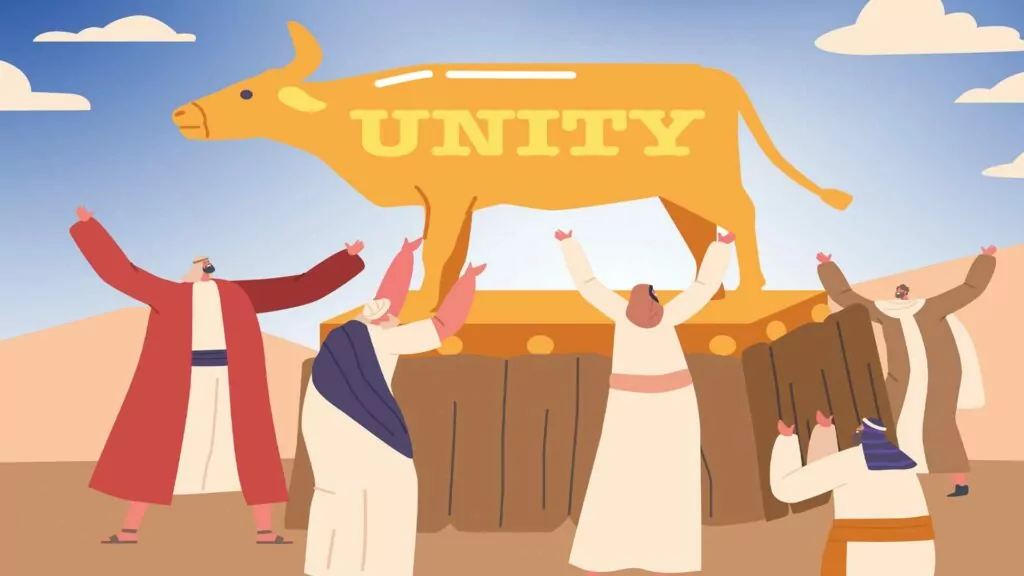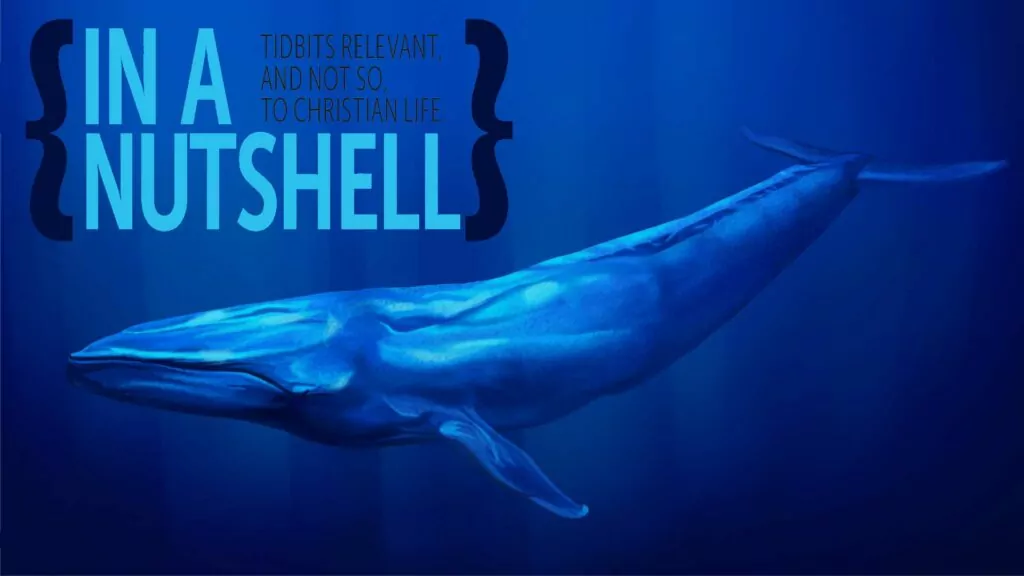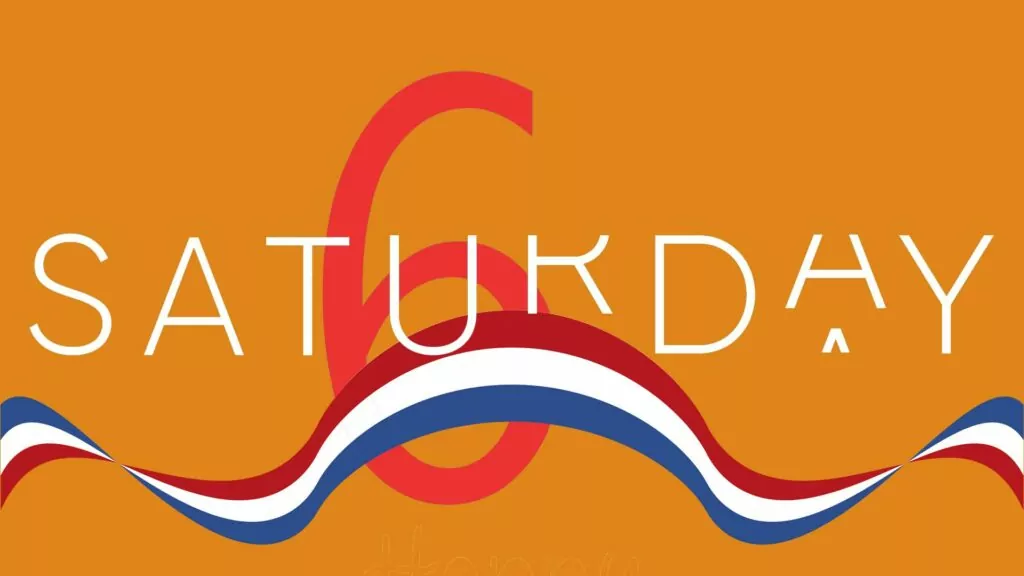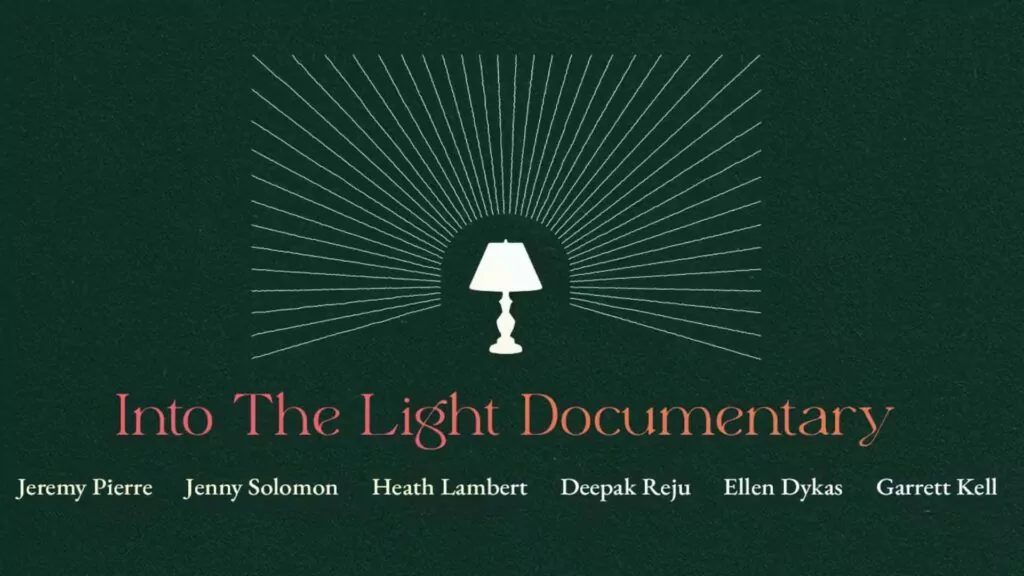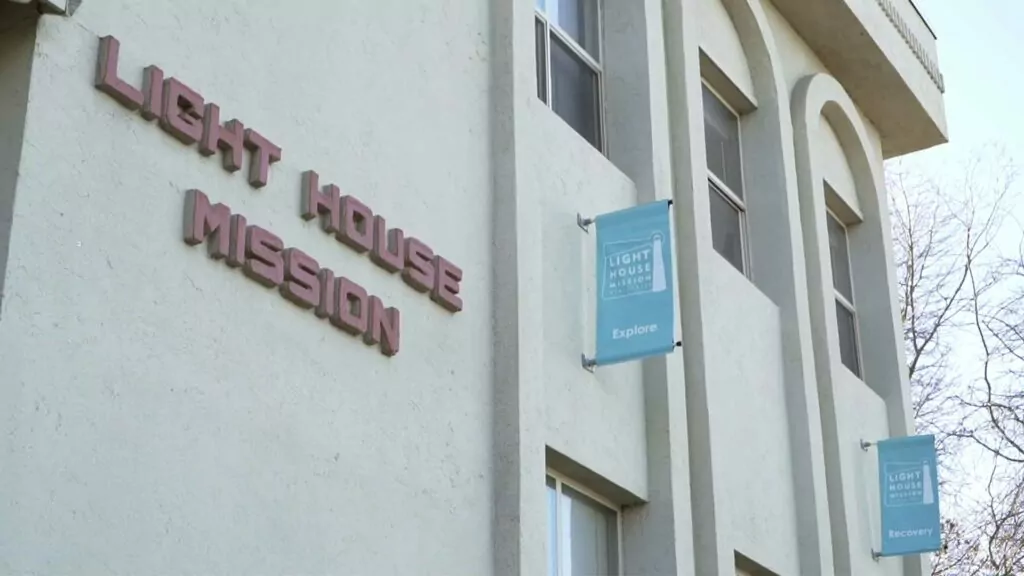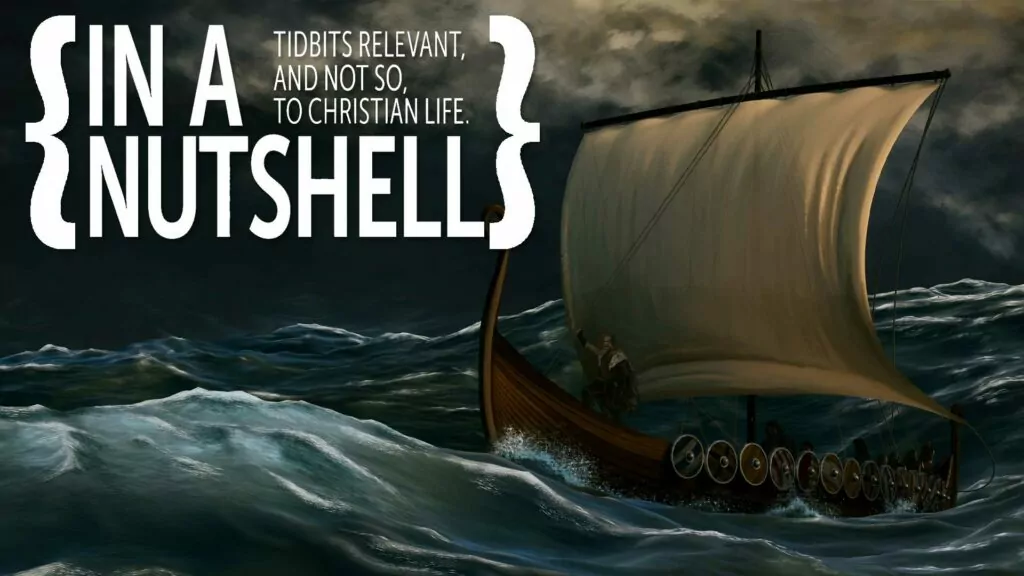There is no neutrality so will the State be secular or Christian?
When thinking about political issues, it is important to understand that every society is based on some sort of worldview or philosophy. There is no such thing as a society based on “neutral” principles. There must be a philosophical rationale for the kind of political system that governs a society and the laws that it implements.
Anyone who thinks that a “neutral” society is possible should ask themselves what the “neutral” position would be on any of the controversial issues of our day. For example, what is the “neutral” position on abortion? Is killing unborn children ever “neutral”? Of course not. Is allowing them to live “neutral”? No, it’s an active recognition of their humanity. So where is the middle ground of a supposedly “neutral” position? Such neutrality is clearly impossible
The same reasoning applies with regards to LGBTQ issues. What is the “neutral” position on same-sex marriage? In 2015 the U.S. Supreme Court constitutionalized the status of same-sex marriage in that country. Now every level of government must formally recognize and enforce laws consistent with same-sex marriage. As a result, some Christian businesses have been under attack from government agencies for failing to comply with the new, non-Christian concept of marriage.
All political issues – whether abortion, marriage, or anything else—are approached from one philosophical perspective or another. There is no such thing as neutrality when it comes to politics and law. The only question is, which philosophical perspective (or worldview) will inform the political system and the laws it enacts?
Secular or Christian?
Douglas Wilson, the pastor of Christ Church in Moscow, Idaho, has written a book that helpfully addresses this question head-on. The book is called, Empires of Dirt: Secularism, Radical Islam, and the Mere Christendom Alternative, and it was published by Canon Press in 2016. Most of the book deals with matters of secularism versus Christianity, since no Christian would argue in favor of an Islamic society. Some Christians, however, do seem to prefer secularism to Christianity as the governing philosophy for the United States.
Generally speaking, countries like the United States and Canada are considered to be “secular” countries, and that is seen as being religiously neutral. But religious neutrality is impossible, and secularism is a worldview with its own belief system. Rather than being neutral towards Christianity, secularism is actively anti-Christian, and this is becoming increasingly evident over time.
If there must be a worldview underlying the government and laws of every society, which worldview should Christians embrace for this purpose? Christianity would be the obvious choice, and this is the point asserted by Wilson. He argues for what he calls “mere Christendom” and explains it as follows: “By mere Christendom I mean a network of nations bound together by a formal, public, civic acknowledgement of the lordship of Jesus Christ and the fundamental truth of the Apostles’ Creed.”
A Christian nation
In essence, this means the formal recognition of Christianity as the basis for a country’s political and legal system. How would that look? For the United States, Wilson writes, “it would be by means of something like referencing the Lordship of Jesus Christ in the Constitution.”
When a nation formally submits to the authority of Christ, that nation becomes a Christian nation. However, Wilson is quick to point out that being a formally Christian nation is not the same as having an established church. It is possible to argue for the government acknowledging the authority of Christ “without supporting an ‘established church,’ which – in the form of tax revenues – I do not support."
Even without an established church, though, any reference to an explicit political recognition of Christianity immediately leads to objections about the potential persecution of non-believers. If the Lordship of Jesus Christ was recognized in the U.S. Constitution, wouldn’t that mean adherents of other religions would lose their civil rights? No, it wouldn’t.
Wilson explains as follows:
“There must be a God over all. That God may tell us not to hassle the people who don’t believe in Him, and that is precisely what the triune God does tell us. In this mere Christendom I am talking about (you know, the idyllic one, down the road), Muslims could come from other lands and live peaceably, they could buy and sell, write letters to the editor, own property, have that property protected by the cops, and worship Allah in their hearts and homes. What they could not do is argue that minarets have the same rights of public expression that church bells do. The public space would belong to Jesus.”
State coercion
It is true, though, that political rule inevitably involves coercion. The civil government is the one institution in society with a monopoly on the legitimate use of force. As Romans 13 says, the civil magistrate bears the sword to execute wrath on evildoers. The question then becomes: how does the civil magistrate distinguish good from evil? For a Christian nation, the Bible determines what is good and what is evil.
When it comes to using force, then, a government in a Christian nation is limited by Biblical law. Wilson explains that “a Christian social order should want to strictly limit coercion to the bounds assigned by Scripture. Unless I have a word from God, I don’t want to make anybody do anything.” As an example of where coercion would be justified, he writes, “Because of this I am willing to have tight abortion laws – I am willing to make people not kill other people.”
The Christian Taliban
Secularists like to compare American Christians to the Taliban and claim that Christian policies in the United States would make it look like Afghanistan. But nothing could be further from the truth. The liberty that Americans have experienced over the centuries is the result of their Christian heritage, not in spite of their Christian heritage.
Wilson points out that those who worry about Christian policies in the United States
“envision a dark and dystopic Amerika when, on these two topics , it would actually look more like America in 1960. Was America in 1960 a free society? Sodomy was against the law everywhere, and no locales were carving out room for sharia."
This is worth thinking about. During the lifetime of many Reformed Perspective readers, abortion and homosexual activity were illegal in both Canada and the United States. Were they not free countries at that time? Of course they were. They weren’t perfect by any means (no country will ever be perfect), but in some respects they may have been freer than they are today.
The truth is, it was Christianity that led to the development of the freest societies in the world. Christianity, that is, leads to political freedom. Therefore, in advocating for an explicitly Christian nation, Wilson writes, “I am arguing for a return to the preconditions of civic freedom, and am not arguing for an abandonment of them. Unbelief does not generate free societies.”
Tolerance and intolerance
Wilson also makes another point that is worth emphasizing: every worldview tolerates some behaviors while prohibiting others. It is true that Christianity does not tolerate same-sex marriage or the killing of unborn children. But progressive ideology does not tolerate Christian wedding service businesses that refuse to participate in same-sex weddings. And in some Canadian cities, progressives even try to suppress pro-life advertising because they can’t tolerate pro-life messages.
Wilson explains the toleration issue this way: “As soon as a man shows his hand, and we know what he tolerates, he is put in a position where he cannot tolerate those who refuse to tolerate what he does. A wide acceptance of the homosexual agenda, for example, means that a society has to crack down on the ‘homophobes.’ Not whether, but which.”
In other words, intolerance of some behaviors is inescapable in every society. No society tolerates everything. “Every organized society excludes certain behaviors by definition and is inclusive of others. This is what it means to be a society. Every society has shared values, and it polices on behalf of those values.”
This means that the secularists who accuse Christians of being uniquely intolerant are hypocrites. Those secularists inevitably also refuse to tolerate certain behaviors. There’s no getting around this.
Preaching
So, how would a “mere Christian” society be achieved? Would it require some sort of military crusade? Perhaps a clever political campaign or an active legislative agenda? Certainly not. A Christian society can only result from preaching, not from any sort of coercive measures.
As Wilson explains, “We will not bring this about because we have reached into our arsenal and pulled out our armies and navies, our parliaments, our laws, and our ivy-covered halls of learning. The next Christendom will come to be when Christian preachers speak it into existence through the folly of preaching.”
In other words, the only way a society could be Christianized is by the spread of the gospel. When large numbers of people are converted, every area of their lives will be impacted by the truth of the Bible, including their political views. This would inevitably impact society and influence it, like yeast permeating bread dough. In short, such change would be a grassroots, bottom-up process, not imposed from the top-down.
Conclusion
There is no such thing as neutrality in government and politics. Every law and every policy is guided by some underlying philosophy or worldview. The only question is: which philosophy or worldview? Douglas Wilson’s book, Empires of Dirt, helpfully explains this topic from an explicitly Christian viewpoint. If Christianity is true (and it is), then ideally it should be the worldview basis underlying every society and government. The alternative to Christianity is not “neutrality,” but an opposing worldview that is inherently hostile to Christianity. That is what we see increasingly in Canada and the United States today....

 Breakfast at Tiffany's
Breakfast at Tiffany's Cloud Watching
Cloud Watching







